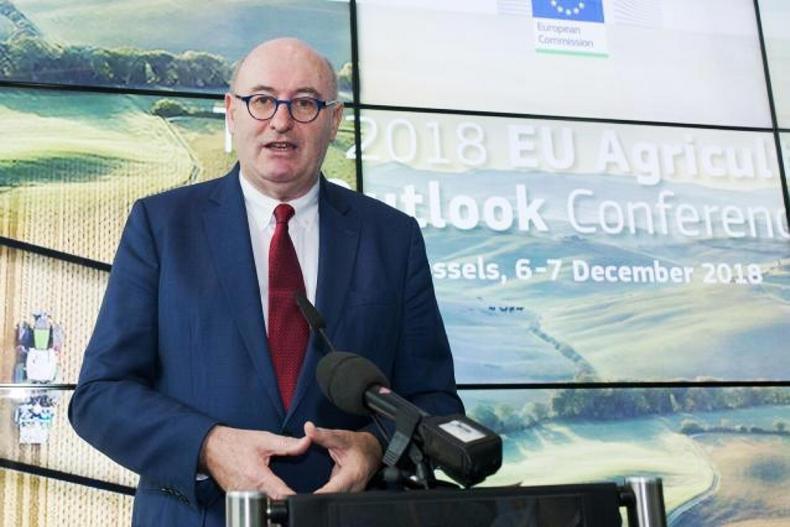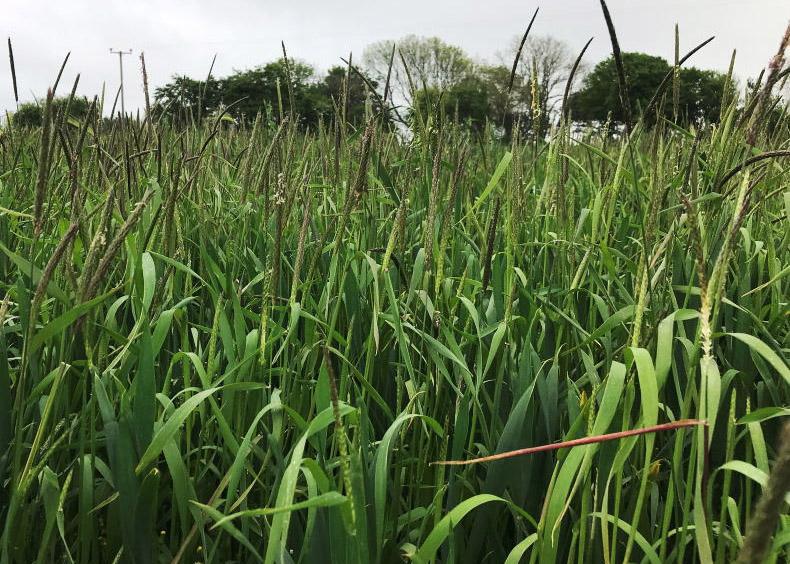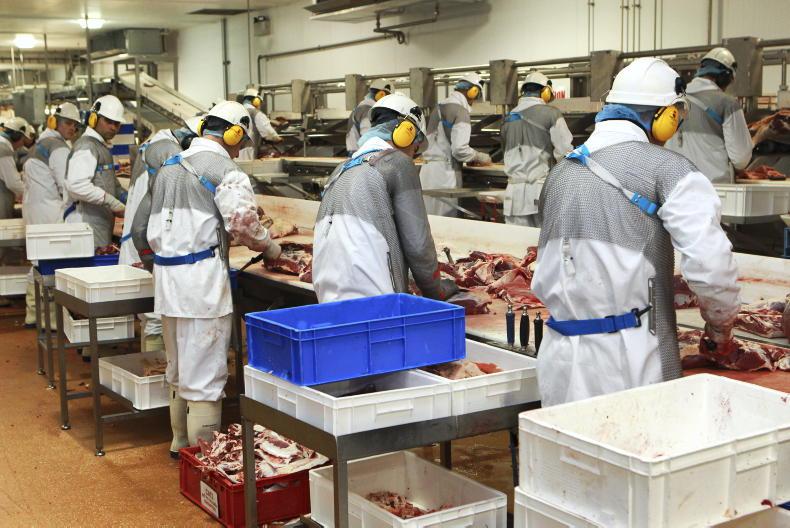With the clock ticking towards Brexit on 29 March and no clear path to a deal apparent, preparations are advancing for the worst case scenario of a no-deal. While every section of the Irish economy will be impacted, agriculture is the most exposed and even within agriculture, beef farmers will be left with least options.
Both Minister for Agriculture Michael Creed and the European Commissioner for Agriculture Phil Hogan have been addressing the issue in more detail recently with the Commissioner spelling out the suite of options he has including intervention, aid to private storage and exceptional measures for unique situations and most recently used to address the impact of the Russian market closing to EU exports in 2013.
EU support options
If there is a no-deal Brexit, aid to private storage whereby factories are funded to withhold product from the market for a period of time, usually six months, will be of little use in dealing with 300,000t of product that is sold to the UK from Ireland each year. Similarly intervention is of no practical benefit as it would only come into effect if beef price was at a ridiculous €1.90/kg. Anyway, product bought into intervention has to be sold on to the market at some point in the future so it really would just be a delaying mechanism even if it was at an acceptable price.
The ideal option would be the reintroduction of export refunds but that is no longer in the EU tool box nor will they be reintroduced. What is increasingly referred to is “exceptional measures” which is a bespoke solution to a particular set of unique circumstances that arise which require a unique form of market support. The Russian ban in 2014 is referred to as an occasion when an exceptional solution was developed to deal with the market fall out.
Ambition to hold UK markets
What is interesting in the potential beef position with a no-deal Brexit is the Minister’s ambition to keep Irish beef on UK supermarket shelves come what may. In an exclusive interview with the Irish Farmers Journal last week he made it clear that measures that would keep this business going were his priority. His ambition is that this will be “a direct support to Irish producers so that the price of the day can be taken.” In the event of WTO tariffs this would be a substantial payment but in practical terms it would just offset (at best) the direct cost of a no-deal Brexit.
This concept has been reported in the weekend press as a potential huge EU pay-off for farmers in the event of a no-deal Brexit. Much as farmers may want and even need a pay-off with current market prices for beef, any EU support through exceptional measures will at best offset the cost of keeping Irish beef on British shelves as is the Minister's ambition. Even then such measures would be a poor second best to achieving a deal and corresponding soft Brexit which keeps trade as close to what we have as possible










SHARING OPTIONS